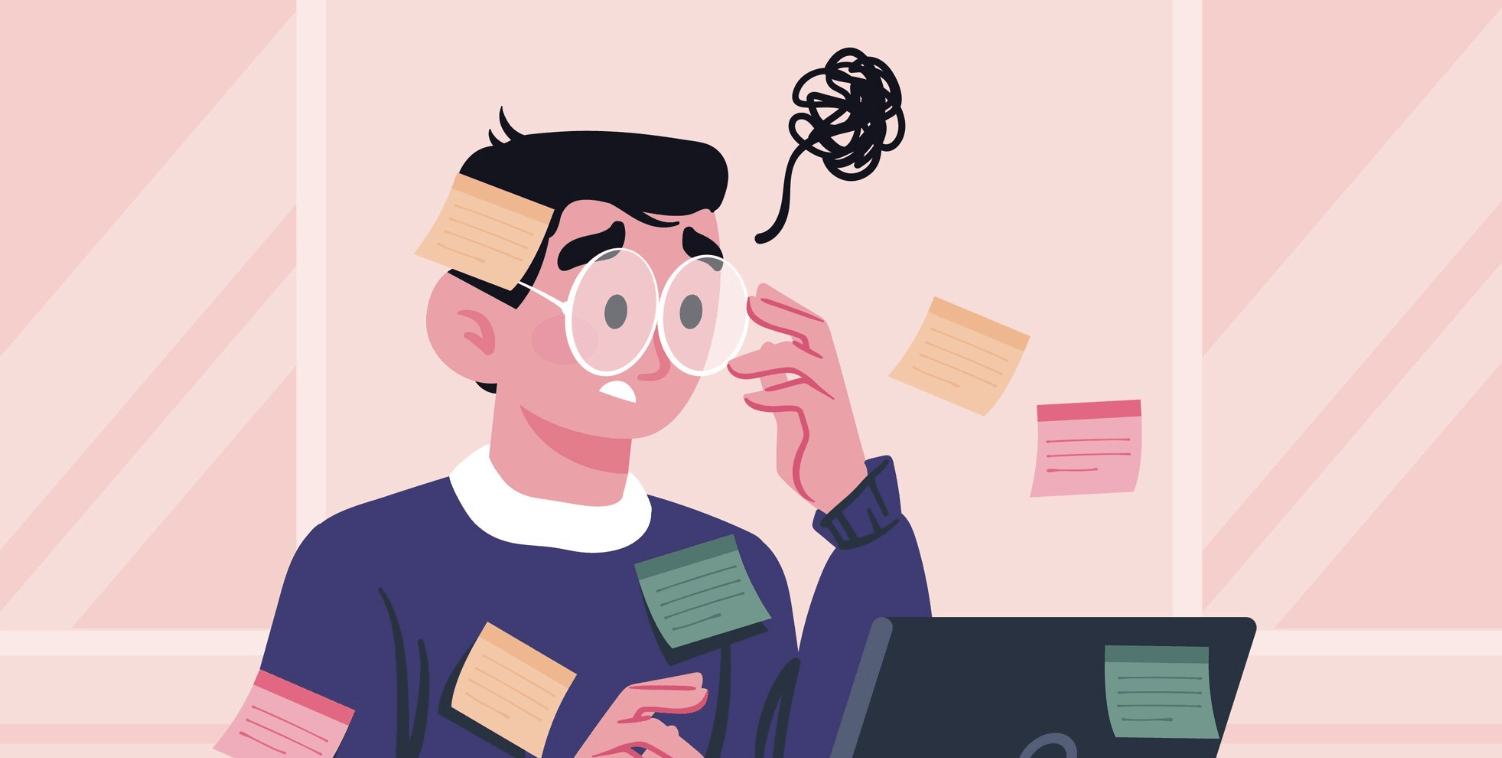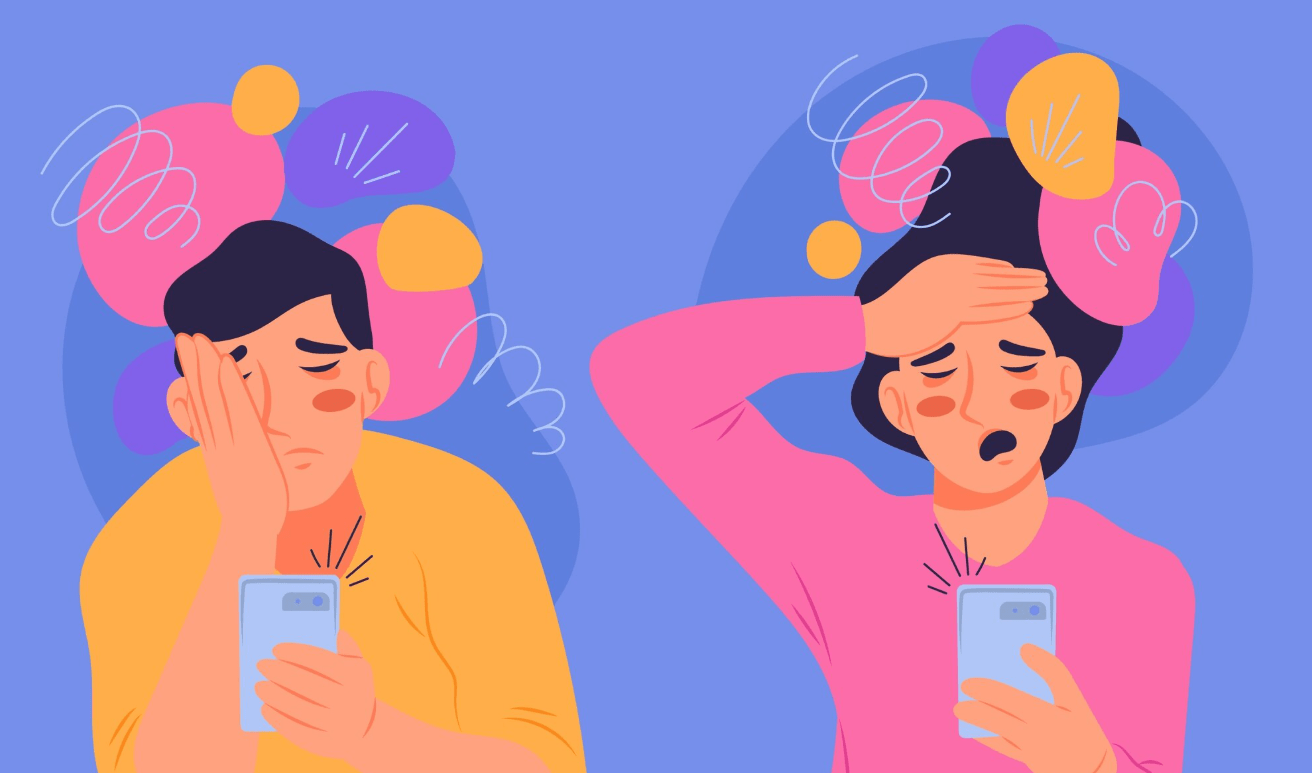Understanding the Link Between Stress and Brain Fog

Many people experience moments when their mind feels clouded, thoughts are slow, and focus seems impossible. Often, this mental haze is connected to stress.
While stress is a normal part of life, chronic stress can lead to persistent brain fog that affects memory, attention, and decision-making. Understanding how stress impacts the brain and learning natural strategies to manage it can help you regain clarity. Tools like Moadly can complement these strategies by strengthening memory and focus through targeted exercises.
What Brain Fog Is
Brain fog is not a medical diagnosis but a term used to describe a set of cognitive symptoms. People experiencing brain fog often report:
- Difficulty concentrating or maintaining attention
- Short-term memory lapses
- Slower processing of information
- Mental fatigue despite adequate rest
- Lack of motivation or clarity in thinking
Brain fog can result from multiple factors, including poor sleep, nutrition deficiencies, hormonal changes, and most importantly for this article, stress.

How Stress Affects the Brain
Stress triggers a biological response in the body, releasing hormones such as cortisol and adrenaline. These hormones prepare the body for a fight or flight reaction, increasing heart rate, blood pressure, and alertness. While short-term stress can improve focus and performance, chronic stress has the opposite effect, particularly on cognitive function.
The Role of Cortisol
Cortisol, the primary stress hormone, affects several areas of the brain:
- Hippocampus: High levels of cortisol over time can impair memory formation and recall.
- Prefrontal cortex: Chronic stress reduces attention, planning, and decision-making abilities.
- Amygdala: Heightened stress response increases anxiety, which further affects cognitive clarity.
These changes create a feedback loop where stress worsens cognitive performance, which can increase frustration and mental fatigue, contributing to brain fog.
Neurotransmitter Imbalance
Stress alters the balance of neurotransmitters such as dopamine and serotonin. These chemicals are critical for mood regulation, motivation, and cognitive processing.
Low levels of dopamine can reduce focus and attention, while imbalances in serotonin can contribute to mental fatigue and memory difficulties.
Symptoms of Stress-Induced Brain Fog
Stress-related brain fog can manifest in various ways, including:
- Difficulty concentrating on work or daily tasks
- Forgetfulness or inability to recall recent events
- Mental fatigue despite adequate rest
- Feeling overwhelmed or mentally “sluggish”
- Difficulty multitasking or making decisions
These symptoms often overlap with other causes of brain fog, making it important to address stress as a potential contributing factor.

Natural Ways to Reduce Stress and Brain Fog
Reducing stress is essential for clearing brain fog. The following strategies are supported by research and practical experience.
1. Regular Physical Activity
Exercise reduces stress hormones, improves circulation, and increases the production of endorphins. Even moderate exercise, such as walking, yoga, or cycling, can improve mood and mental clarity. Regular movement also supports neuroplasticity, helping the brain recover from stress-related cognitive impairments.
2. Mindfulness and Meditation
Mindfulness practices train the brain to focus on the present moment, reducing the impact of stress on cognitive function. Techniques such as deep breathing, guided meditation, or body scans help lower cortisol levels, improve attention, and enhance memory.
3. Adequate Sleep
Sleep is essential for processing emotional experiences and consolidating memory. Chronic stress often disrupts sleep patterns, which can worsen brain fog. Maintaining a consistent sleep schedule, avoiding screens before bed, and creating a restful environment are critical strategies.
4. Balanced Nutrition
Stress increases the body’s demand for energy and key nutrients. Diets rich in antioxidants, omega-3 fatty acids, B vitamins, and magnesium support brain health. Staying hydrated and reducing sugar and caffeine can also help manage stress and improve cognitive function.
5. Cognitive and Memory Training
Brain exercises help counteract the cognitive effects of stress. Apps like Moadly for Android and Moadly for iPhone provide structured memory and attention exercises that strengthen working memory and improve focus. By training your brain, you can rebuild the cognitive pathways impaired by stress and reduce mental fatigue.
Memory training works in tandem with lifestyle changes. For example, combining Moadly exercises with regular physical activity and mindfulness creates a powerful synergy to combat stress-induced brain fog.
6. Social Interaction
Stress can make people withdraw socially, which may worsen cognitive fatigue. Engaging in meaningful social activities, even virtual conversations, stimulates the brain and improves mental clarity. Older adults, in particular, benefit from social engagement alongside memory exercises (brain games for seniors).

7. Limiting Digital Overload
Constant exposure to screens, notifications, and multitasking increases stress and cognitive fatigue. Setting boundaries, scheduling breaks, and prioritizing tasks help reduce mental clutter and improve clarity.
How Stress and Brain Fog Affect Daily Life
Stress-induced brain fog impacts productivity, decision-making, and quality of life. Common challenges include:
- Struggling to focus at work or school
- Forgetting appointments or tasks
- Feeling mentally exhausted after short periods of effort
- Difficulty learning new information
- Emotional irritability due to frustration
Addressing stress and incorporating memory training can reduce these efects and improve overall mental performance.
Scientific Evidence Linking Stress, Brain Fog, and Memory Training
Research demonstrates that chronic stress impairs working memory and attention. Neuroimaging studies show that stress affects prefrontal cortex activity, reducing cognitive efficiency. Conversely, memory training and cognitive exercises enhance neural connectivity and improve brain function. Apps like Moadly leverage these principles, providing games that target memory, attention, and processing speed to counteract stress-related cognitive deficits.
Long-Term Strategies for Stress Management and Mental Clarity
- Consistent brain training: Use Moadly or similar apps daily to strengthen memory and attention.
- Regular exercise: Engage in physical activity at least three times a week.
- Mindfulness: Practice meditation, breathing exercises, or yoga daily.
- Balanced nutrition and hydration: Support cognitive function with whole foods and adequate fluids.
- Social engagement: Maintain connections with friends, family, and community groups.
Integrating these habits supports both mental health and cognitive performance, reducing brain fog and enhancing focus over time.
Conclusion
Stress is a major contributor to brain fog, affecting memory, attention, and decision-making. While lifestyle adjustments such as sleep, nutrition, exercise, and mindfulness are essential, structured memory training provides a scientifically backed way to restore mental clarity.
Using tools like Moadly allows you to strengthen memory and focus, counteracting the effects of stress on the brain. By combining cognitive exercises with natural stress management techniques, you can reduce mental fatigue, improve clarity, and maintain a healthy, resilient mind.
References
- National Institutes of Health – Cognitive Health and Stress
- Harvard Health Publishing – How Stress Affects Your Brain
- Cleveland Clinic – Brain Fog and Cognitive Fatigue
